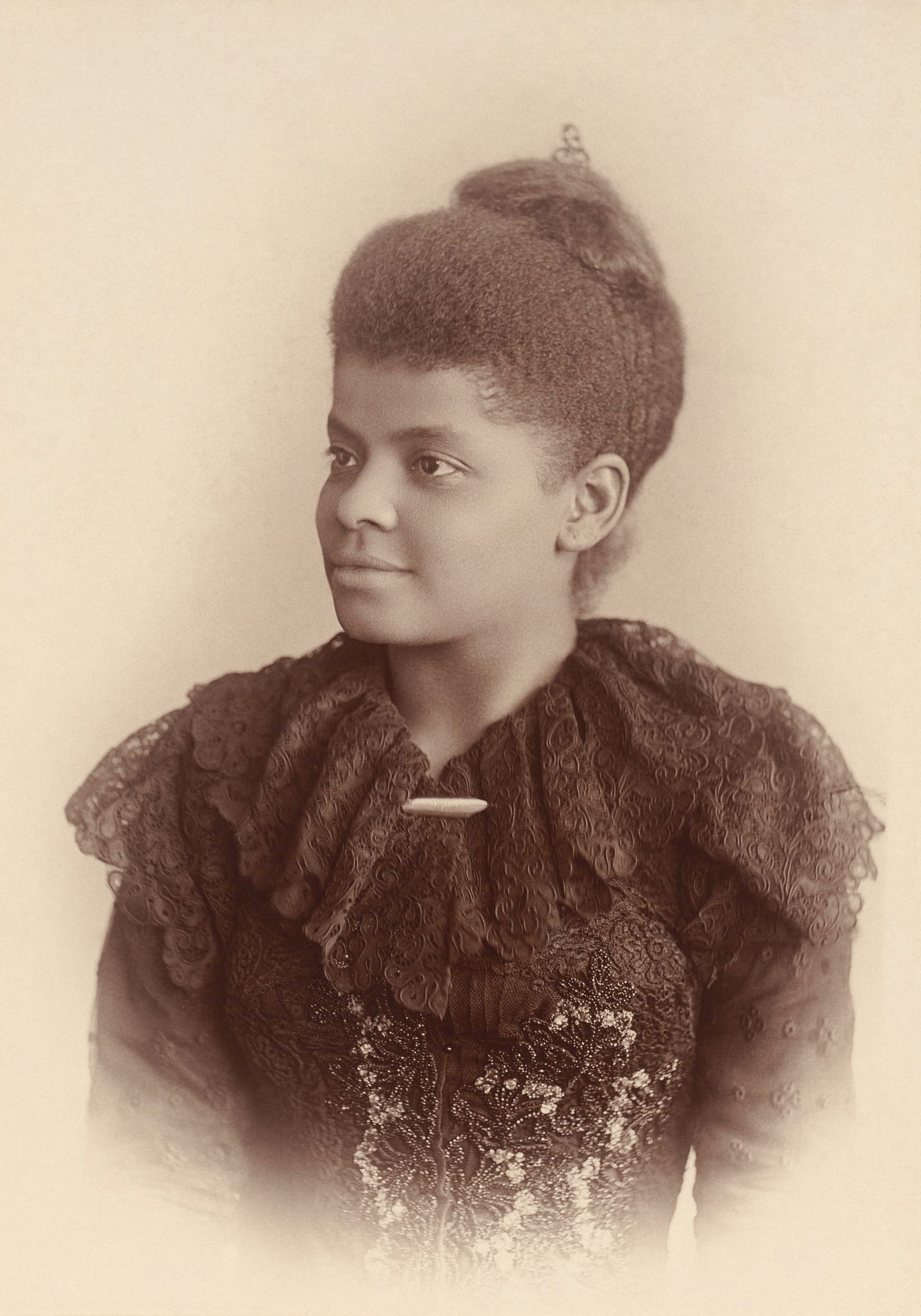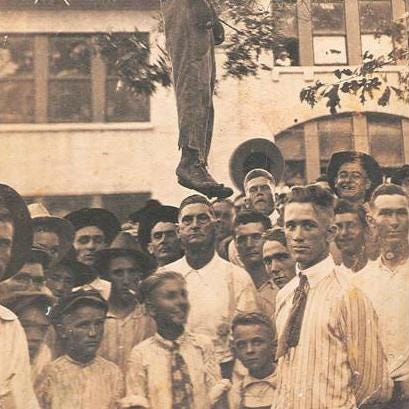Ida B. Wells, a legendary advocate and prolific writer, was born into slavery in 1862 in Holly Springs, Mississippi. Following the Civil War, her father, James, was a key figure in the Freedman’s Aid Society and helped found what is now known as Rust College; Wells began her education at the school before continuing her studies at Fisk University in Nashville, Tennessee.
Ida B. Wells
With Jim Crow laws slowly eroding many of the rights new Black citizens received during Reconstruction, in 1884, Wells purchased a first class train ticket to Nashville and when she was informed that she had to move to the "colored car," she refused to move and was forcibly removed from the train. The humiliating experience inspired her to write about race matters in Black newspapers across the country, and in time, she became the most famous Black public intellectual in America.
Wells would later move to Memphis, Tennessee in 1890 where she became a school teacher while continuing to write about racial injustices.
In 1892, a grocery store was established in Memphis by Calvin McDowell, Tom Moss, and Will Stewart, three prominent Black men. When their new enterprise drew customers away from a previously established white grocery store, white terrorists in league with the white grocery store owners sought to vandalize the store. After several were shot by the Black owners who were defending their property, the Black males were arrested, taken to the local jail, and later brutally lynched by a white mob. From that moment forward, Wells began writing about lynchings for the New York Age, a newspaper founded by T. Thomas Fortune and in time, Wells became the foremost authority on the macabre lynching spectacles that found Black men, women and children killed by angry white mobs who deemed themselves judge, jury and executioner.
Ida B. Wells was the foremost writer about lynch mins for the majority of her professional life…
Wells would later lobby President William McKinley for federal legislation to end lynchings and during the Woodrow Wilson administration, she fought unsuccessfully to end his segregation practices in federal civil service positions.
Wells married Ferdinand Barnett in 1895, and the couple had four children. A women's suffragist who belonged to several women's rights organizations, Wells also is considered one of the founding members of the NAACP.
After a life of valiant service to her race and gender, Wells died in 1931 at the age of 68 in Chicago, Illinois.
Lest we forget…






Thanks Chuck!
Our history is drenched with pain and Triumph✊🏽👏🏽 Thank God for Ida B Wells…